

What is coronavirus and what should I do if I have symptoms?
What are the symptoms of the virus from Wuhan in China, how does it spread, how many people have died and when should you call a doctor?
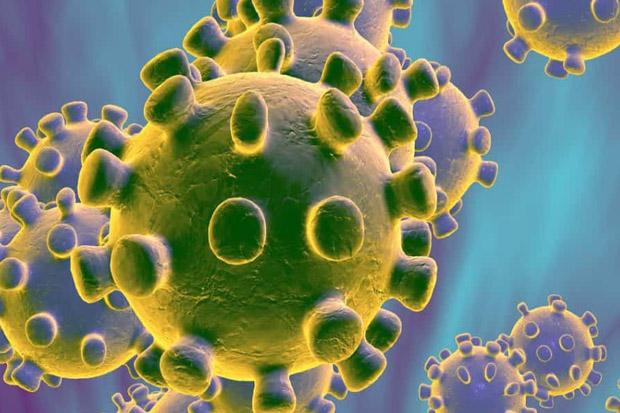
What is Covid-19 - the illness that started in Wuhan?
It is caused by a member of the coronavirus family that has never been encountered before. Like other coronaviruses, it has come from animals. Many of those initially infected either worked or frequently shopped in the Huanan seafood wholesale market in the centre of the Chinese city, which also sold live and newly slaughtered animals.
Have there been other coronaviruses?
Severe acute respiratory syndrome (Sars) and Middle Eastern respiratory syndrome (Mers) are both caused by coronaviruses that came from animals. In 2002, Sars spread virtually unchecked to 37 countries, causing global panic, infecting more than 8,000 people and killing more than 750. Mers appears to be less easily passed from human to human, but has greater lethality, killing 35% of about 2,500 people who have been infected.
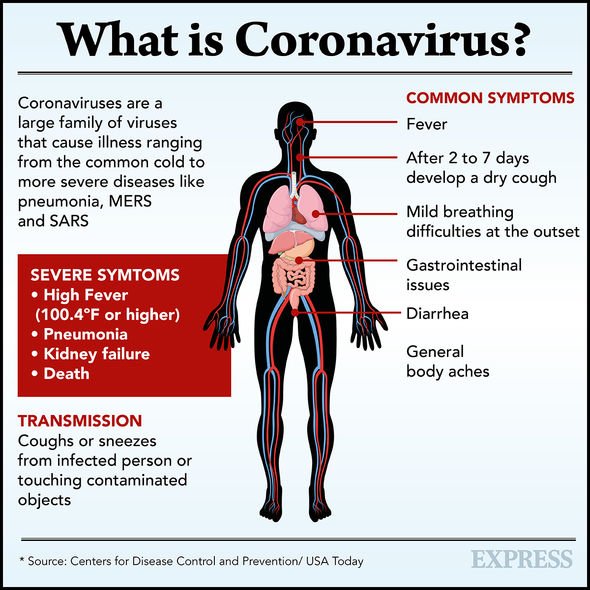
What are the symptoms caused by the new coronavirus?
The virus can cause pneumonia. Those who have fallen ill are reported to suffer coughs, fever and breathing difficulties. In severe cases there can be organ failure. As this is viral pneumonia, antibiotics are of no use. The antiviral drugs we have against flu will not work. Recovery depends on the strength of the immune system. Many of those who have died were already in poor health.
Should I go to the doctor if I have a cough?
UK Chief Medical Officers are advising anyone who has travelled to the UK from mainland China, Thailand, Japan, Republic of Korea, Hong Kong, Taiwan, Singapore, Malaysia or Macau in the last 14 days and who is experiencing a cough or fever or shortness of breath to stay indoors and call NHS 111, even if symptoms are mild.
Is the virus being transmitted from one person to another?
China’s national health commission has confirmed human-to-human transmission, and there have been such transmissions elsewhere.
How many people have been affected?
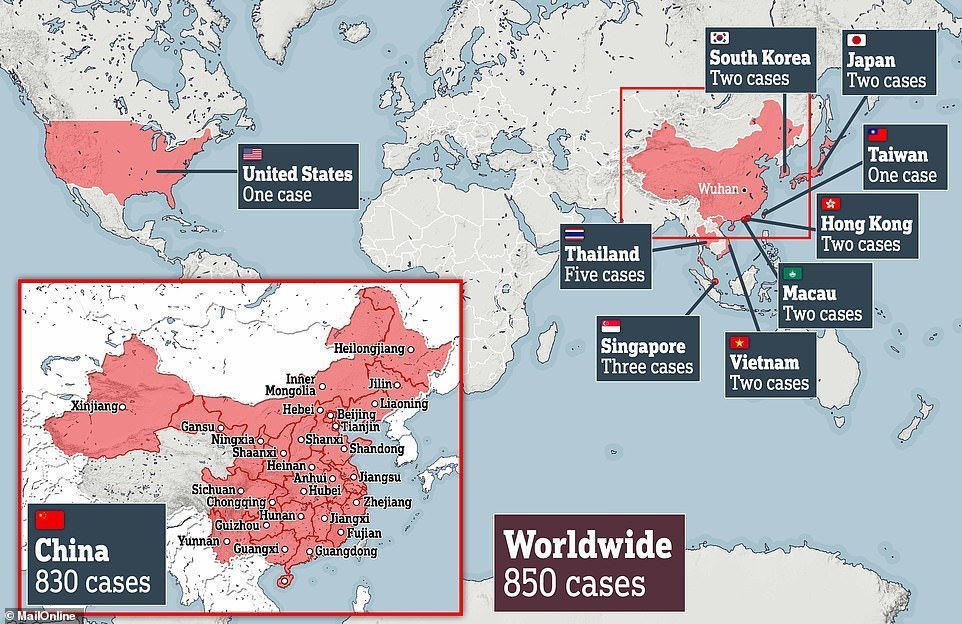
China has recorded 1,868 deaths from the Covid-19 outbreak. Health officials have confirmed 72,436 cases in mainland China in total. More than 12,000 have recovered.
The coronavirus has spread to at least 28 other countries. Japan has 607 cases, including 542 from a cruise ship docked in Yokohama, and has recorded one death. There have also been deaths in Hong Kong, Taiwan, France and the Philippines.
There have been nine recorded cases and no fatalities to date in the UK. As of 17 February, a total of 4,501 people have been tested in the UK, of which 4,492 were confirmed negative.
Why is this worse than normal influenza, and how worried are the experts?
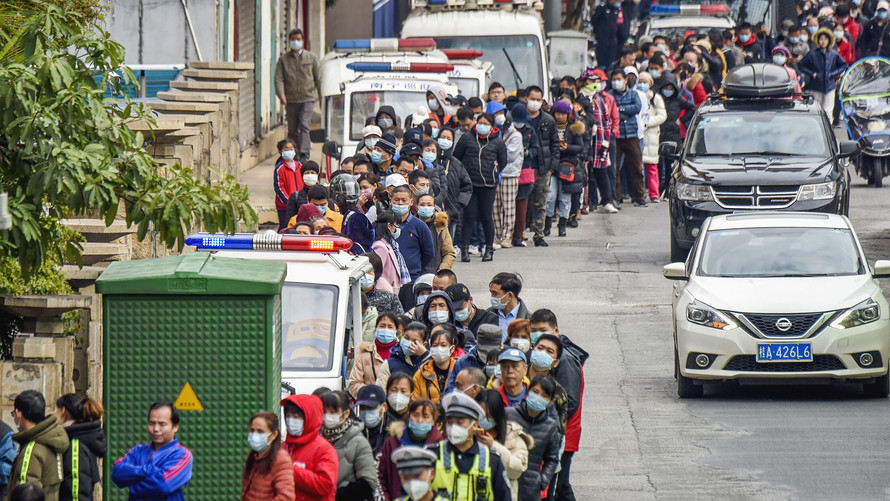
We don’t yet know how dangerous the new coronavirus is, and we won’t know until more data comes in. The mortality rate is around 2.5%. For comparison, seasonal flu typically has a mortality rate below 1% and is thought to cause about 400,000 deaths each year globally. Sars had a death rate of more than 10%.
Another key unknown is how contagious the coronavirus is. A crucial difference is that unlike flu, there is no vaccine for the new coronavirus, which means it is more difficult for vulnerable members of the population – elderly people or those with existing respiratory or immune problems – to protect themselves. Hand-washing and avoiding other people if you feel unwell are important. One sensible step is to get the flu vaccine, which will reduce the burden on health services if the outbreak turns into a wider epidemic.
Is the outbreak a pandemic?
A pandemic, in WHO terms, is “the worldwide spread of a disease”. Coronavirus cases have been confirmed outside China, but by no means in all 195 countries on the WHO’s list. It is also not spreading within those countries at the moment, except in a very few cases. By far the majority of cases are travellers who picked up the virus in China.
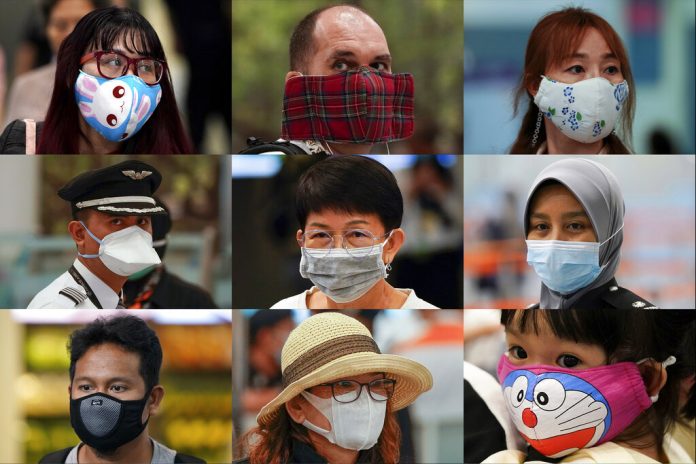
Should we panic?
No. The spread of the virus outside China is worrying but not an unexpected development. The WHO has declared the outbreak to be a public health emergency of international concern. The key issues are how transmissible this new coronavirus is between people, and what proportion become severely ill and end up in hospital. Often viruses that spread easily tend to have a milder impact. Generally, the coronavirus appears to be hitting older people hardest, with few cases in children.
Source of the materials : https://www.theguardian.com/world/2020/feb/18/what-is-coronavirus-and-what-should-i-do-if-i-have-symptoms-people-died-covid-19-wuhan-china
相關文章


English + Work Opportunities in Ireland
Now more than ever young people are searching for opportunities to help kick start their careers. Did you know that we offer a range o... 閱讀更多

跟著YouTuber Maggie練出一口地道的美式英語
你是否也曾下定決心要把英語學好而訂了不同的英語學習雜誌來鞭策自己呢?剛開始你可能很自信一定不會浪費訂閱1或2年的雜誌費用,鬥志高昂的認真跟著雜... 閱讀更多

轉型新契機──後疫情時代的職場力地圖
疫情對求職市場的影響大家都知道,暫緩徵才、人事凍結、無薪假、被砍班等等, 生活上的不易,即使自己幸運地在此浪潮中存活下來,相信或... 閱讀更多



